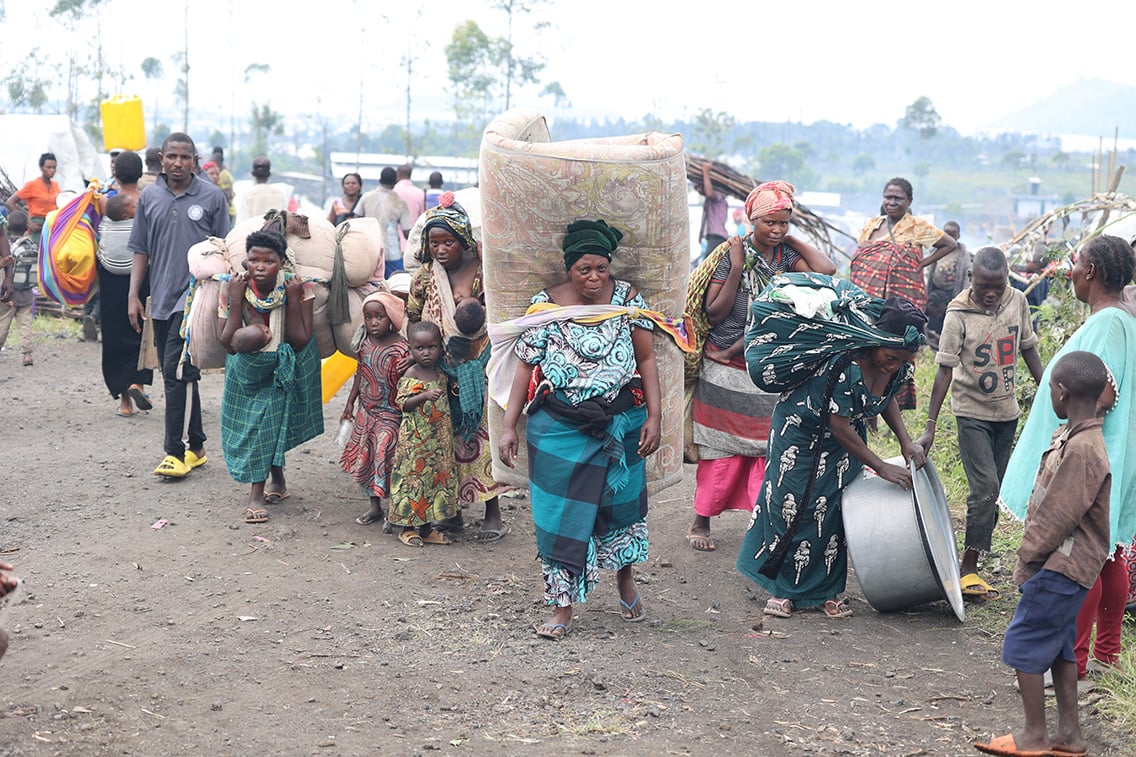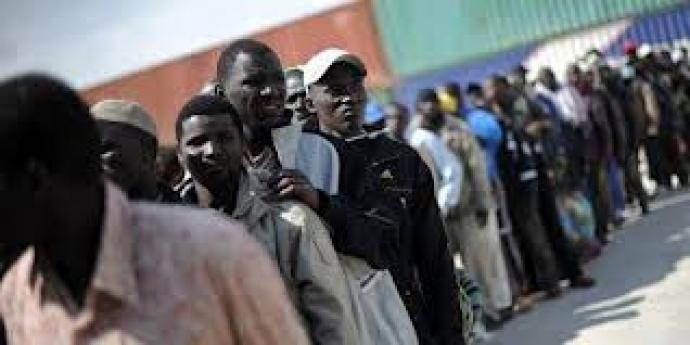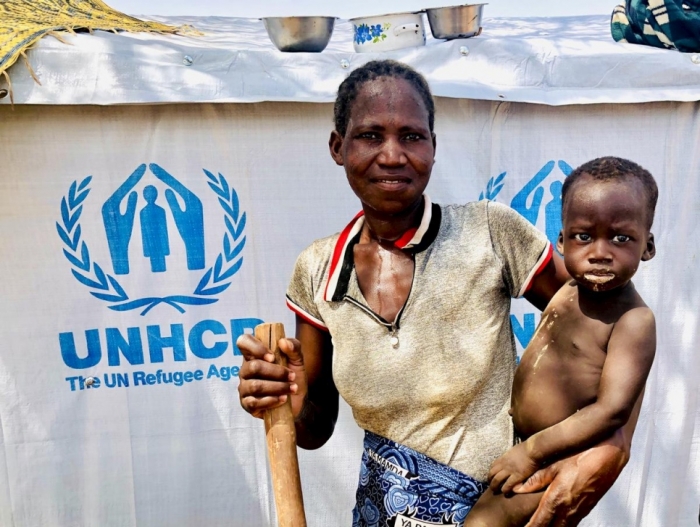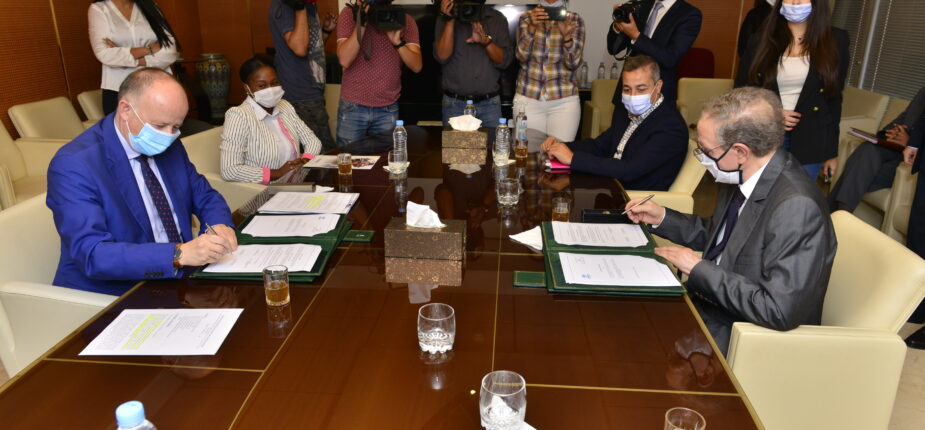Conflicts in Sudan and across the Sahel region have compromised protection for migrants who continue to face “unimaginable horrors” on major migration routes to Europe, according to new report from the UN refugee agency (UNHCR).
Although the location of the major migration routes is well known, no immediate assistance, shelter or information about the dangers they may face is provided to hundreds of thousands of people who risk their lives each year to migrate from sub-Saharan African countries heading north towards European shores. The absence of critical services placed refugees and migrants “at great risk of harm and death” and also triggered dangerous secondary journeys, says Vincent Cochetel, a senior UNHCR official.
To remedy the situation and save lives, Cochetel called on donors and stakeholders to support the UNHCR’s humanitarian work and that of local partners in targeted locations. “This includes better access to legal pathways to safety and improving protection services for victims, as well as those at risk of becoming victims along the routes,” he explained.
Not only migrants originating from Africa, but also many from Asia and the Middle East, tend to underestimate the risks and dangers and many die while embarking on hazardous journeys across the desert or near borders, UNHCR said, noting that most also suffer serious human rights violations, including sexual violence, kidnappings, torture and physical abuse. One such place is northern Niger’s major migration hub of Agadez through which thousands of migrants head towards Libya each year and where the security situation remains extremely dangerous. “Let’s work with (the local) authorities,” Cochetel said. “These authorities see the problem and they would like to do something. Desert search and rescue, that’s something we’d like to develop.” 108.4 million people worldwide are forcibly displaced, with 76% of refugees hosted by low and middle-income countries.



